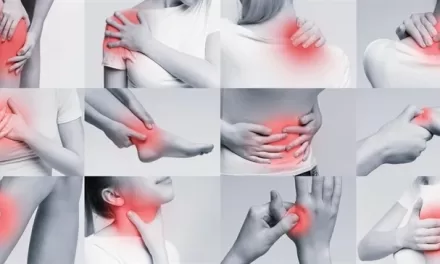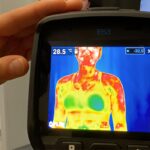New Delhi: Health experts have raised concerns about the impact of extreme weather on individuals with cardiovascular diseases, urging them to take precautions to avoid adverse health effects.
“Exposure to extreme cold or heat without pre-acclimatization can disrupt cardiovascular function. Hence, patients with risk factors for cardiovascular diseases should avoid such conditions,” said Dr. Harshal R. Salve, Additional Professor at the Centre for Community Medicine, AIIMS, New Delhi, in a statement to IANS.
Dr. Salve emphasized the importance of being aware of one’s cardiovascular health before venturing into extreme weather conditions. This includes monitoring blood pressure, managing uncontrolled diabetes, and addressing risks such as deep vein thrombosis.
Cardiologist Dr. Ashwani Mehta from a city-based hospital highlighted the increased incidence of heart attacks during winter. “Fluctuations in temperature can spike blood pressure levels, trigger a heightened sympathetic response, and cause blood vessel constriction,” he explained.
Studies show that winter conditions enhance platelet aggregability, increasing the risk of arterial clots, which could result in heart attacks. Exposure to extreme cold can affect vital organs such as the heart and brain, making it crucial to maintain body warmth to reduce stress on the cardiovascular system.
“Sudden exposure to cold can strain the heart, leading to angina or heart attacks,” Dr. Mehta added. He advised individuals to warm up before stepping outdoors and to avoid engaging in strenuous activities immediately after exposure to cold weather.
Dr. Mehta also issued a specific advisory for devotees attending the Maha Kumbh Mela, urging them to minimize exposure to drastic temperature fluctuations.
On Tuesday, over 3.5 crore devotees braved freezing temperatures to take a holy dip in Sangam during the first Amrit Snan on Makar Sankranti. The Maha Kumbh 2025, held every 12 years, is drawing an estimated 450 million devotees from around the world and will continue until February 26.
With extreme weather posing significant risks, especially for those with existing cardiovascular conditions, experts strongly recommend proactive measures to safeguard heart health during these challenging conditions.











